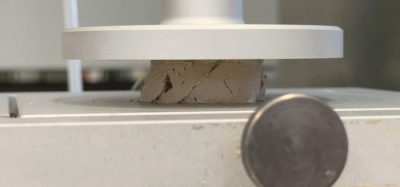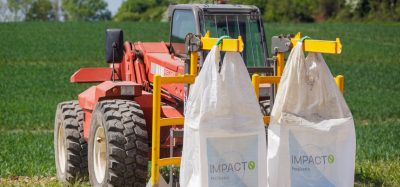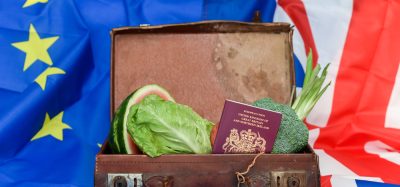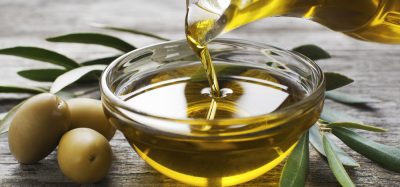Stem cells the answer to Queensland’s avocado ‘bottleneck’
- Like
- Digg
- Del
- Tumblr
- VKontakte
- Buffer
- Love This
- Odnoklassniki
- Meneame
- Blogger
- Amazon
- Yahoo Mail
- Gmail
- AOL
- Newsvine
- HackerNews
- Evernote
- MySpace
- Mail.ru
- Viadeo
- Line
- Comments
- Yummly
- SMS
- Viber
- Telegram
- Subscribe
- Skype
- Facebook Messenger
- Kakao
- LiveJournal
- Yammer
- Edgar
- Fintel
- Mix
- Instapaper
- Copy Link
Posted: 5 September 2017 | New Food | No comments yet
The global appetite for avocado may be sated after all as researchers at Queensland University develop a technique to double production in the region.
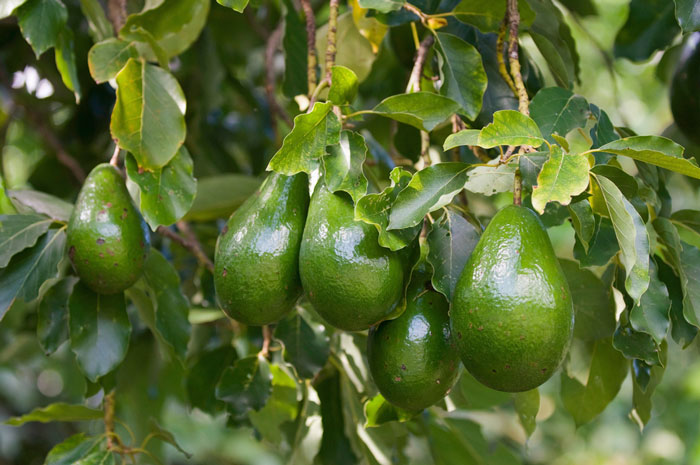

A GROWING INDUSTRY: The new technique could mean millions for Queensland
Queensland is responsible for 50 per cent of Australia’s avocado crop, an industry worth $460m a year.
However, the industry is hampered by a ‘shortage of high-quality planting material’ and as a result there is a backlog of plant orders until 2020.
Now researchers may have solved this problem with a stem cell multiplication method that could double avocado production in the state. It could also reduce the time it takes for new avocado varieties to reach commercial orchards from 10 years to three years or less.
Professor Neena Mitter from the Queensland Alliance for Agriculture and Food Innovation, a University of Queensland research institute supported by the Queensland Government, is leading the project.
“At present, to supply new trees, the avocado industry follows the same process they have for the last 40 years, which is to take cuttings from high quality trees and root them,” Professor Mitter said on the university’s website.
“However, this is a cumbersome, labour and resource intensive process, as it takes about 18 months from the cutting stage to having a plant for sale, which creates a huge bottleneck for nurseries across the globe in the number of trees that they can supply trees to growers.”
With funding from the avocado industry and Department of Agriculture and Fisheries, Professor Mitter’s team successfully developed a stem cell tissue-culture system that can supply 500 times more plants.
The technology is non-GM and environmentally-friendly, requiring less land, water, fertilisers and pesticides.
“Ten-thousand plants can be generated in a 10 square-meter room on a soil-less media,” Professor Mitter said.
“This is a potential game changer for the avocado industry across the globe.”
Last month, the Queensland Government announced it would invest in the technology with a AUD$636,000 grant.
Innovation Minister Leeanne Enoch predicted that their initial investment could return $335m a year from the state’s economy.
“The project between The University of Queensland and industry partners to develop this Queensland-owned world-first technology to tackle the global shortage of avocado trees is a terrific example of the powerful and profitable outcomes achieved when researchers, industry players and entrepreneurs come together with a common purpose,” she said.
“It has the potential to generate new jobs, from the number of people growing and picking the fruit right through the line to those transporting, packing and processing the fruit.
“This world-leading, Queensland-owned technology will overcome the bottleneck of a shortage of high-quality planting material that is currently crippling industry expansion, and conservative estimates predict Queensland avocado farmers will be able to double production to 70,000 tonnes a year creating industry growth and jobs in the region.”
Professor Mitter said the avocado multiplication technology would establish Queensland as a world leader in avocado clonal propagation.
“It would substantially boost exports, and create growth and jobs in the regions.”
Related topics
Natural, Supply chain, Sustainability, Technology & Innovation
Related organisations
Queensland Alliance for Agriculture and Innovation, University of Queensland




